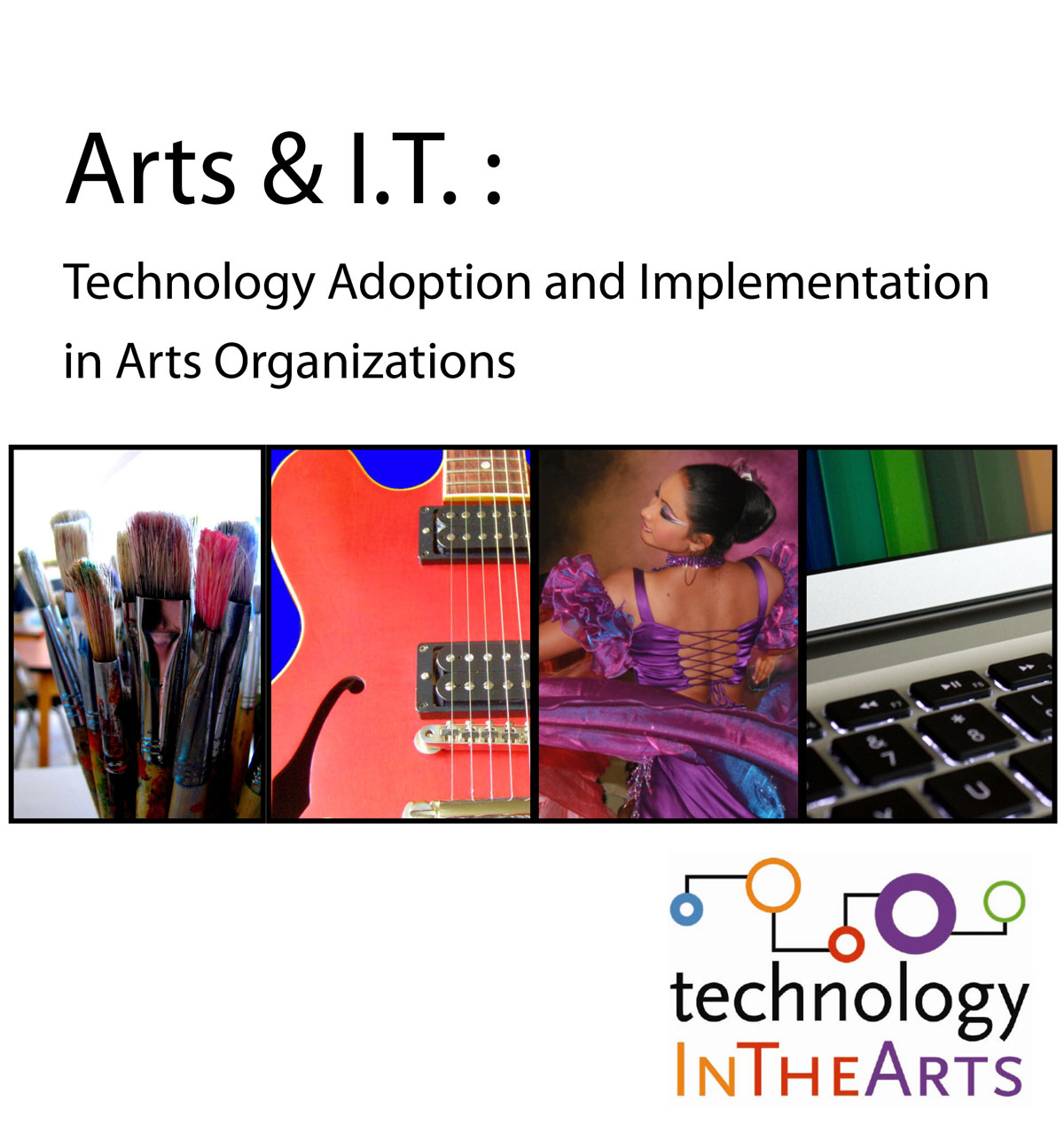October was filled with new debates on AI policies, a halt to one of the most significant AI safety bills in the United States, and a host of new AI developments in video, music, and even podcasts.
UX Design Explained Through a Maze of a Website
Technology Adoption and Implementation in Arts Organizations
Technology in the Arts has just published the results of a survey regarding technology adoption and implementation in the arts and cultural field. (Access the PDF publication here).
In order to uncover emerging trends and differences in the use of technology amongst arts and cultural organizations, we asked arts managers to provide us with baseline information as well as a self-assessment of the role of technology in their organizations. Respondents shared information about where they are now, which technologies they hope to adopt in the coming year, and how they find the resources they need to implement and maintain technology.
This report, which includes responses across a broad spectrum of arts and cultural organizations representing a variety of disciplines in the United States and Canada, reveals a snapshot of how the field approaches technology.
What did we discover? Here is a small sampling of the findings that emerged:
- Over three-quarters of organizations with annual budgets of less than $500,000 spent under $5000 on technology in the past year, while half of organizations with budgets of $5 million or more spent over $100,000.
- Nearly half of organizations with budgets between $2.5 million and $5 million have no full-time technology staff, and that figure jumps to 82% for organizations with annual budgets of less than $500,000.
- Organizations with annual budgets of less than $500,000 currently use static websites at a higher rate than dynamic websites, while all larger organizations are more likely to have already moved away from static websites.
- A large percentage of respondents, regardless of organizational budget size, did not respond with any specific technology plans for the next year--which may indicate an overall lack of planning for future technology.
Want to find out more? Check out our report and see how your organization compares.








